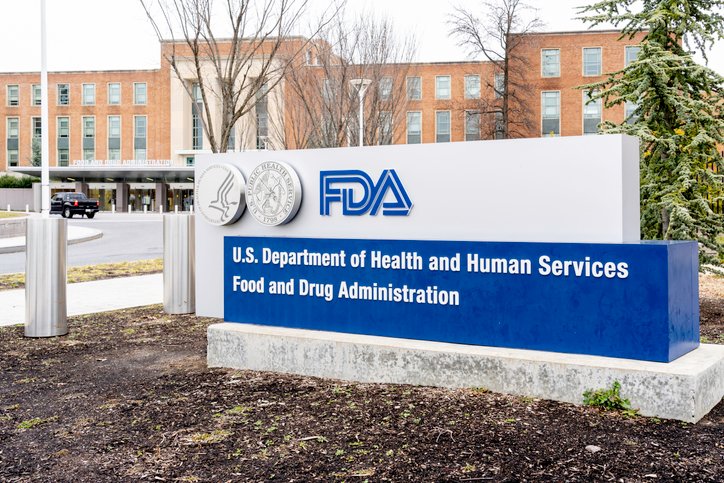
Dallas, TX — A whistleblower has filed a federal lawsuit accusing two major Dallas hospitals of unfairly prioritizing affluent patients over poorer ones in the distribution of donated kidneys.
Reported in the Texas Standard, Patrek Chase, the former administrative director of the kidney transplant program at Parkland Health, claims that viable kidneys were routinely rejected for patients at Parkland — which primarily serves low-income individuals — and instead transplanted into patients at UT Southwestern Medical Center, a nearby hospital known for serving a wealthier demographic.
According to Chase, in at least 36 cases in one year, organs that were deemed “unsuitable” for Parkland patients were later transplanted into UT Southwestern patients by the same doctors working across both institutions. Chase alleges the decisions were driven by bias and profit, and that Parkland executives failed to act when concerns were raised internally.
The lawsuit, filed under the False Claims Act as a whistleblower (qui tam) suit, targets a wide range of defendants — including Parkland Health, UT Southwestern, and the Southwest Transplant Alliance, Dallas’ primary organ procurement organization. Chase also includes institutions in Illinois, New York, and New Jersey in his sweeping allegations of misconduct in the transplant industry.
Chase’s lawsuit claims that financial incentives — such as hospital profits from transplant procedures and testing — created an environment where greed overshadowed ethics in organ distribution.
While the hospitals declined to comment due to ongoing litigation, the case has drawn national attention, especially following recent actions by U.S. Health and Human Services Secretary Robert F. Kennedy Jr., who shut down a Miami-based organ procurement group over similar concerns.
The federal government, which pays for nearly all kidney transplants through Medicare, has not yet joined Chase’s case but retains the option to do so.
If the allegations are proven, the lawsuit could have significant implications for how organ transplants are managed and regulated across the U.S., particularly in terms of equity for underprivileged patients.











































